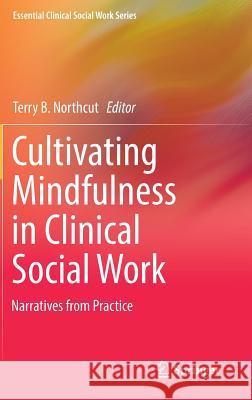Cultivating Mindfulness in Clinical Social Work: Narratives from Practice » książka
topmenu
Cultivating Mindfulness in Clinical Social Work: Narratives from Practice
ISBN-13: 9783319438405 / Angielski / Twarda / 2017 / 218 str.
Cultivating Mindfulness in Clinical Social Work: Narratives from Practice
ISBN-13: 9783319438405 / Angielski / Twarda / 2017 / 218 str.
cena 523,30
(netto: 498,38 VAT: 5%)
Najniższa cena z 30 dni: 501,19
(netto: 498,38 VAT: 5%)
Najniższa cena z 30 dni: 501,19
Termin realizacji zamówienia:
ok. 22 dni roboczych.
ok. 22 dni roboczych.
Darmowa dostawa!
Kategorie:
Kategorie BISAC:
Wydawca:
Springer
Seria wydawnicza:
Język:
Angielski
ISBN-13:
9783319438405
Rok wydania:
2017
Wydanie:
2017
Numer serii:
000402564
Ilość stron:
218
Waga:
0.50 kg
Wymiary:
23.39 x 15.6 x 1.42
Oprawa:
Twarda
Wolumenów:
01
Dodatkowe informacje:
Wydanie ilustrowane











